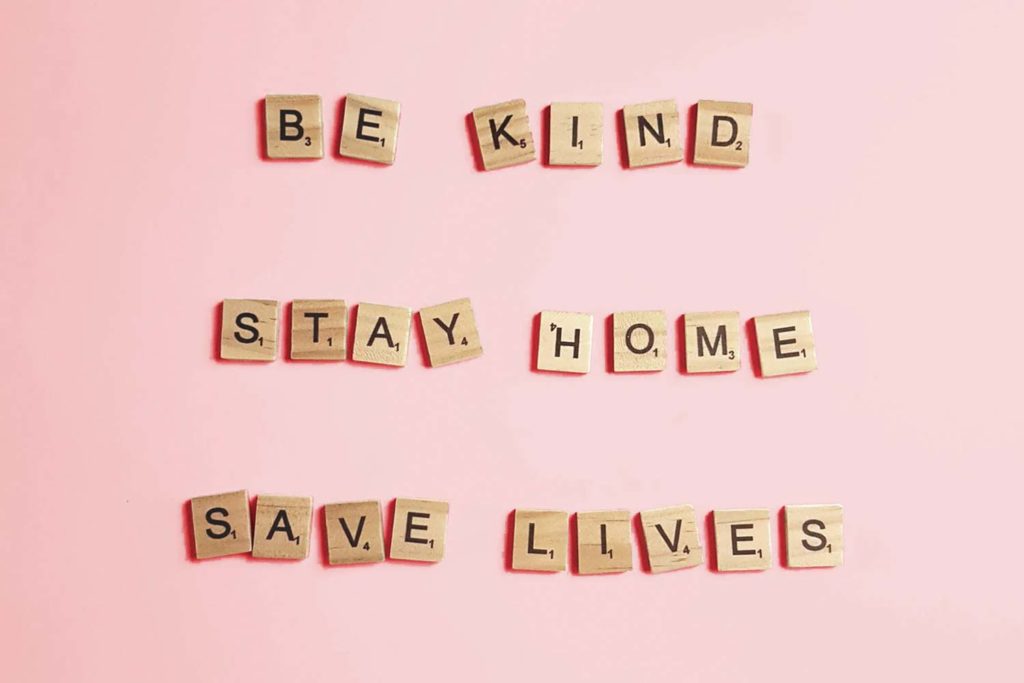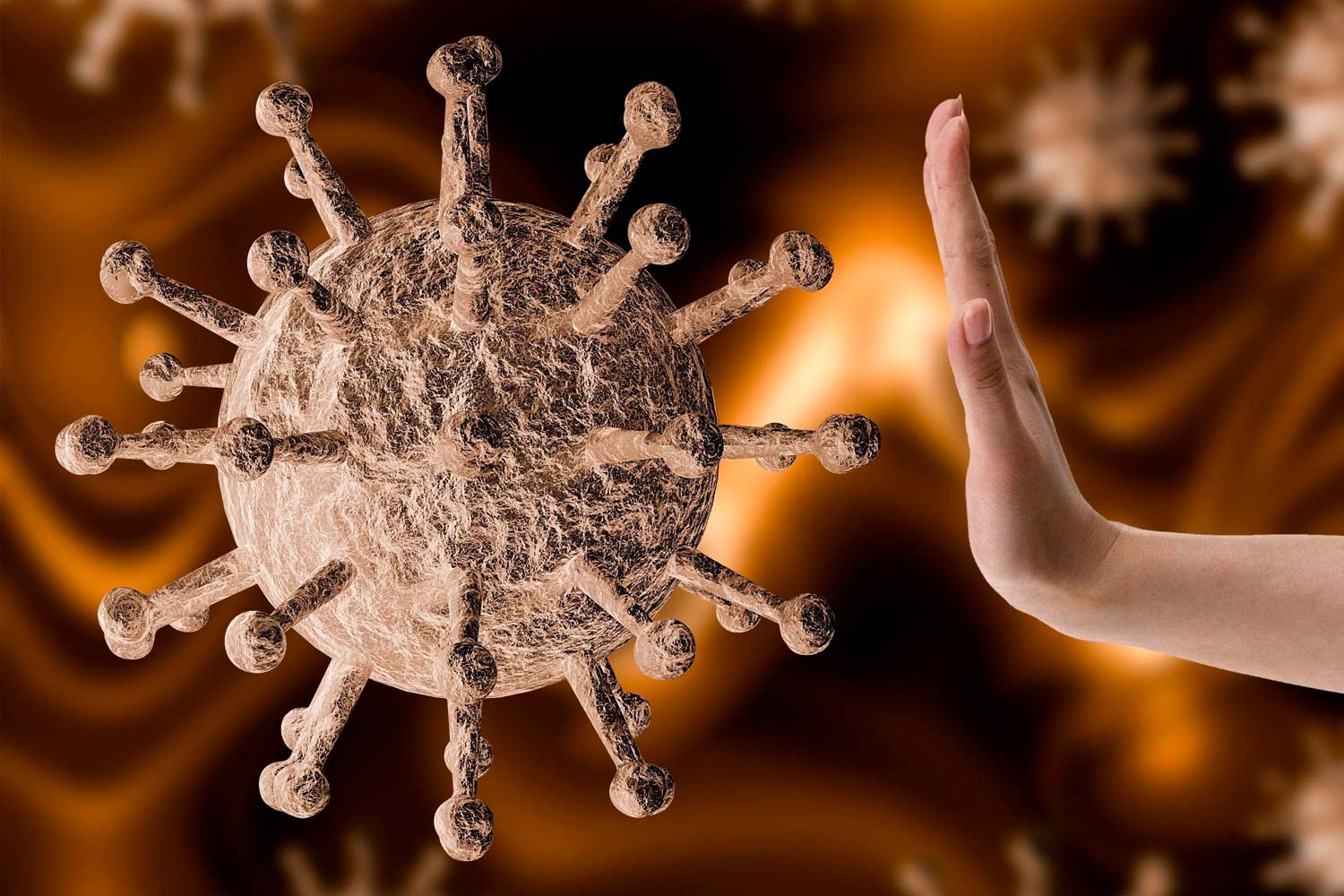A crisis is a ruthless master. Throughout the times of crisis, whenever people let their guard down, we get to see what is hiding behind the facade. Often, what we see underneath is not very pleasing. Perhaps there is a more profound psychological foundation, as we try to shield ourselves mentally from anything that might harm us without actually liking the process of protection.
The COVID-19 outbreak is proof the virus does not care who you are or where you come from. Many have pointed out that the spread of COVID-19 is an artefact of our newly globalised world; which I believe is not entirely accurate. The world has always been globalised, through merchants, traders and scholars who brought cultures and goods in contact with each other on a global scale.
What’s changed this time is that this particular pandemic has occurred at a time when all of are extremely well connected, be it digitally or beyond. We no longer live in a world where communication is a luxury. As of today, communication is a fundamental need. This has changed the way we react to something bold like a total “lockdown” or complete “social distancing”.
A lockdown is something that can be issued by the government, but social distancing can only be implemented by “US”. If truth be told, the novel coronavirus disease has substantially outpaced efforts by nearly every international government to prevent its spread. The only resistance that stands between the infection and death is our capacity to social distance. If a population of 1.3 billion people is resolute in following social distancing alongside a few other drills such as washing hands with soap often, avoiding touching one’s face and eyes, ensuring respiratory hygiene and timely registering of travel history- our chances of resistance and recovery go up exponentially.
Our behaviour is affected by everything we know about this infection. Emphasising individual and personal activities during the preventative stage of an epidemic eventually results in the stigmatisation of people attacked by the virus. If we convince people that the disease can be restricted by washing hands or self-isolating, it is often assumed, incorrectly, that those who get the virus didn’t wash their hands or didn’t self-isolate. This gives rise to a victim-blaming mentality. This emergence of stigma delays and mitigates stage of the crisis. People who dread stigma or anger from others can often be slow to get tested, hesitant to seek treatment, and therefore the disease has a more significant opportunity to take hold, and worse, spread to multiple others.
The young people of today are also struggling to stay indoors, not realising that the consequences of their lack of adherence to social distancing, which can severely damage the control that’s trying to implemented. There will always be people in our society who can never afford to isolate or social distance. Hunger will kill them before the virus itself. Now is the moment for us all to be fully invested members of the national community and responsible global citizens. Quarantine is our luxury, so let us make it worth it.

Even when the most economically powerful and sustainable country, the United States of America has exhibited a near-efficient responsibility, the country is still crumbling under the weight of this pandemic. What we see right now is the breakdown of civic authority and public trust at the beginning of what might be a protracted crisis. This dysfunction goes much deeper than politics. One thousand five hundred Americans are dying every day. With 12,37,420 confirmed cases and 67,260 deaths, coronavirus has shown the world that it won’t let anyone prevail if they aren’t following the basic drills.
In Odisha, the state govt has been implementing curfews and shutdowns, which have so far been successful. The state has managed to check the rise of the virus. From setting the largest COVID-19 centric establishment, to the entire Art of Giving (AOG) community financially or physically helping those in need every day, Odisha is doing its part to resist the virus. Because this new shared responsibility and collective consciousness will require us to defy several cultural norms— “Self-help to help the society“. Social distancing isn’t for a day, but possibly for the next few months. And thankfully many of us have already been successfully distancing ourselves. At the end of it all, humanity isn’t as egotistical as they are made out to be. Each day, somebody out there goes to great extents to put themselves out for others. And even if these numbers differ, it is still significant.



Get Social